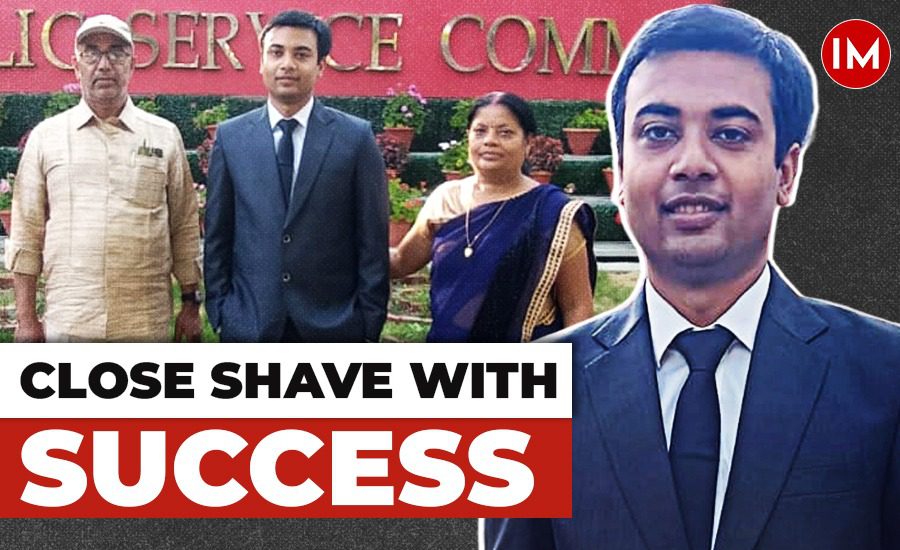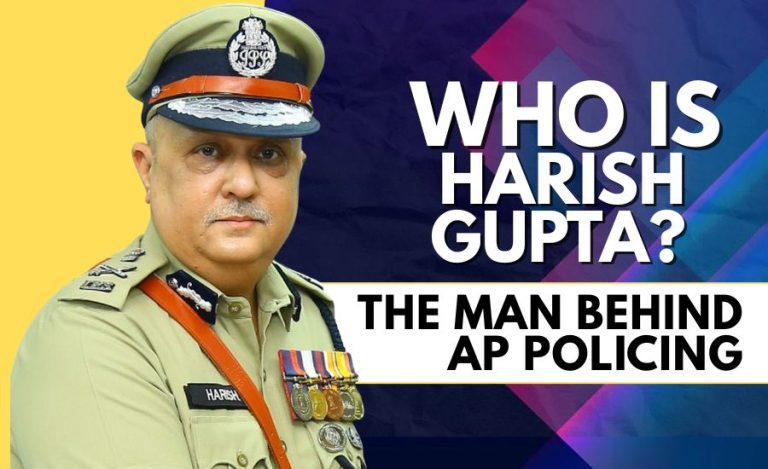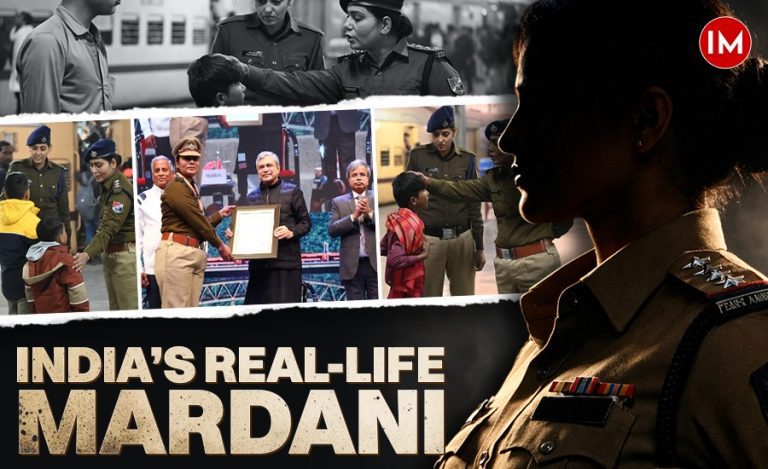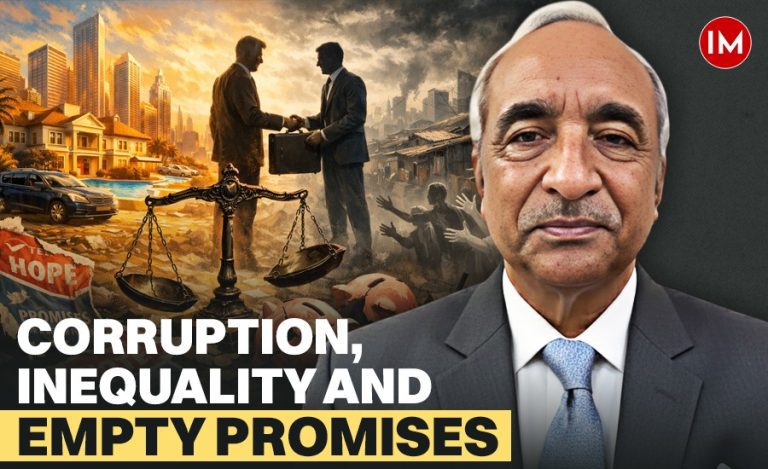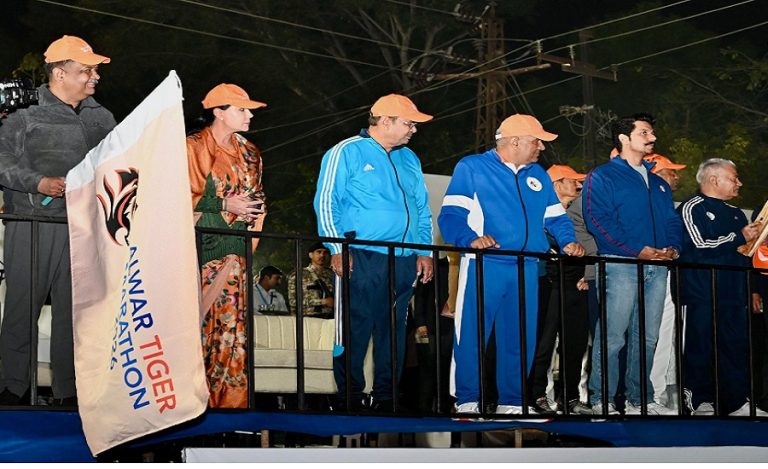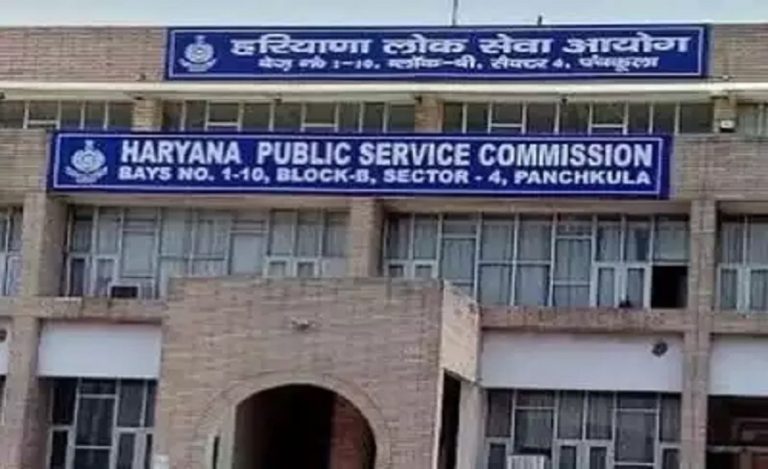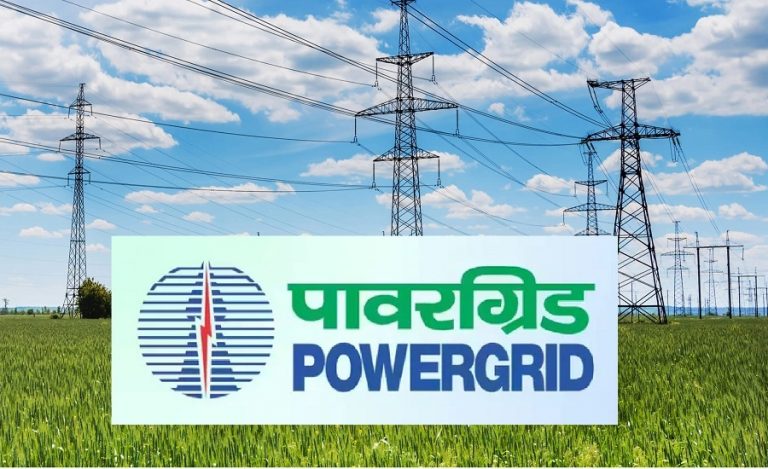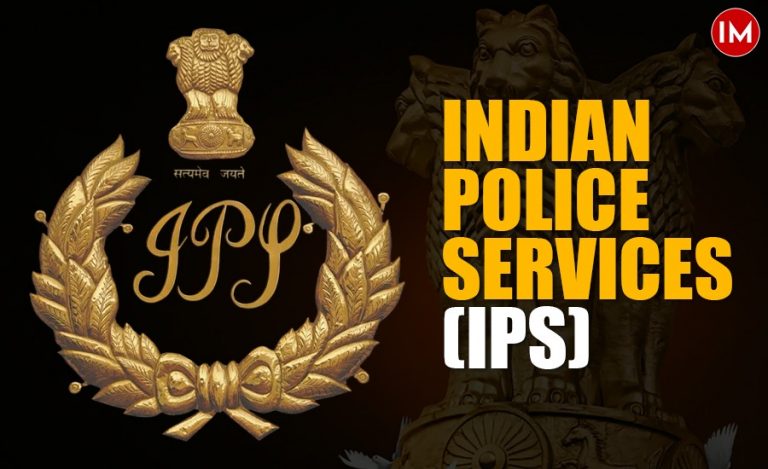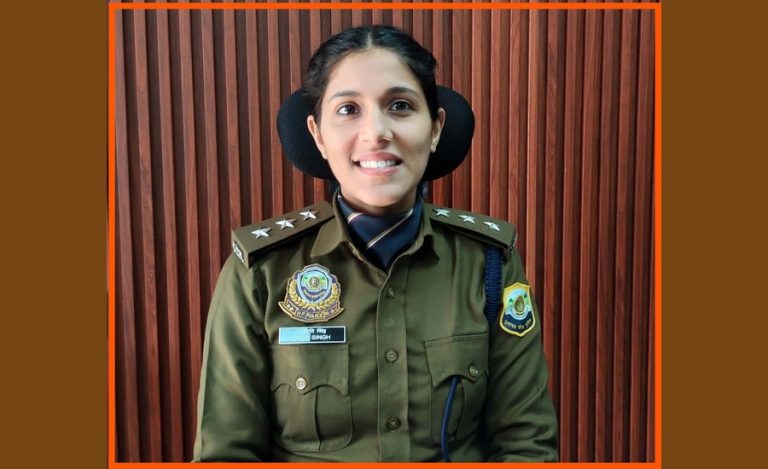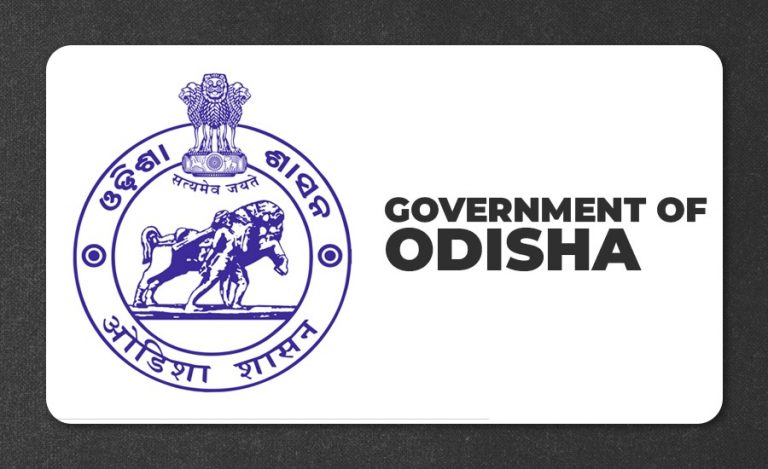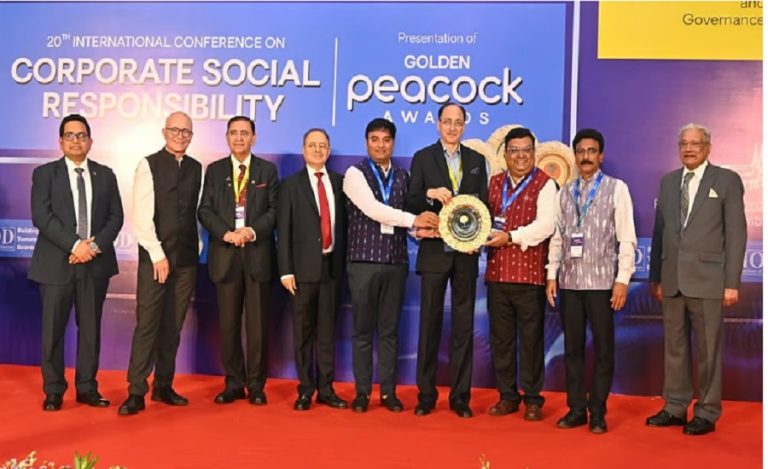Failure on its own is one thing, but failing just short of success causes one great distress. A Ranchi native who aspired to join the UPSC made his first move toward realizing his dream of joining the prestigious Civil Services and serving his country in 2018. He had no idea that the journey ahead would be fraught with obstacles and disappointments that would severely test his commitment. Vidyanshu Shekhar Jha failed with just one or two marks in each of his three UPSC failures. He was devastated and, in a way, had lost all hope.
However, it was amidst the depths of disappointment that he discovered a newfound strength within himself. And finally, he achieved what he wanted. He cleared both CSE and IFS. Reflecting on his trials and triumphs, he imparted invaluable lessons for aspirants to heed. Acknowledging his own mistakes, he cautioned against relying solely on coaching materials and neglecting the importance of solving the previous year’s question papers.
In the annals of the UPSC’s storied history, his journey stands as a beacon of hope and inspiration for every aspirant. Speaking exclusively with Indian Masterminds, he narrated his journey.
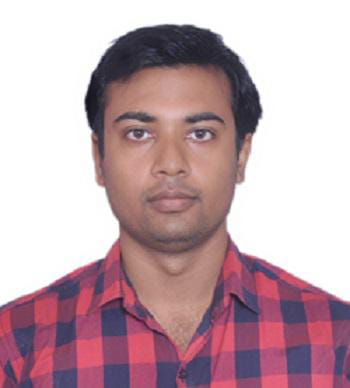
JOURNEY SO FAR
He started his civil service preparation in 2018 and made his first attempt at the UPSC in 2019. In this attempt, he missed the prelims cut-off by just 2 marks. In his second attempt in 2020, he again failed the prelims, this time by only 0.67 marks. In his third attempt in 2021, he narrowly missed the prelims cut-off by 1 mark.
After failing the prelims three times in a row, he was completely devastated and had lost hope for his fourth attempt. However, with the burden of expectations lifted, he approached his fourth attempt with a relaxed mindset and no expectations. In the UPSC 2022 exams, he cleared the cut-off for both the Civil Services Examination (CSE) and the Indian Forest Service (IFS) with 120 marks in the prelims. He also successfully passed the mains.
His name appeared on the reserve list for the CSE, securing the 49th rank, and he was assigned to the Delhi, Andaman, and Nicobar Islands Civil Service (DANICS). He is currently posted as an SDM in the revenue department in East Delhi. Unfortunately, he failed to make the final list for the IFS mains in 2022 by 8 marks.
In 2023, he focused solely on the IFS exam and succeeded, achieving an impressive All-India rank of 5.
He said, “UPSC is an exam of very strong will. So never give up. The IFS cut-off is always higher than the CSE. When I couldn’t clear the CSE in my first three attempts, the IFS seemed like a distant goal. But today, I am an IFS officer. So just study hard and have patience.”
MISTAKES
How should aspirants learn from their mistakes? He admitted, “I relied more on coaching magazines than newspapers. Aspirants should not make this mistake.” Secondly, he mentioned, “In my initial attempts, I focused on solving many test series but neglected PYQs. These were major mistakes that aspirants should avoid.”
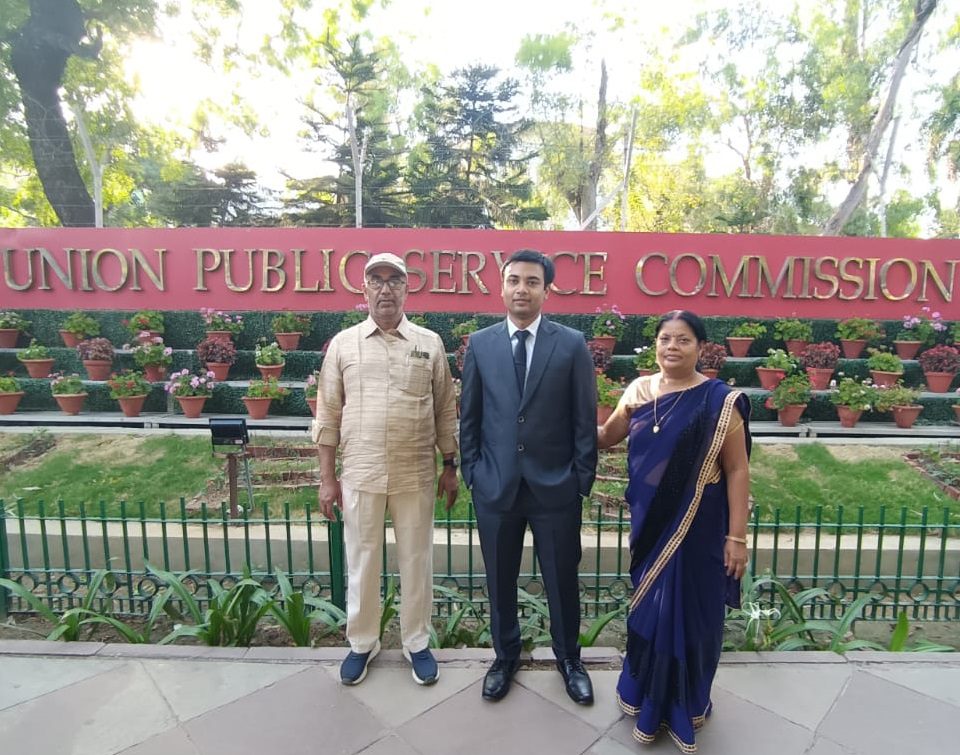
BACKGROUND
His family originally hails from Darbhanga, Bihar, but they have now settled in Ranchi, Jharkhand. His father runs a business, while his mother is retired from teaching. He has a younger sister, who is a doctor at AIIMS.
He completed his basic education in Ranchi. He earned a B.Tech in Civil Engineering from Vellore Institute of Technology, Tamil Nadu, in 2017.
UPSC
His strategy was simple and focused on quality over quantity. He suggested that while there are infinite things to study for in the UPSC exams, it is not practical to cover everything. Therefore, he limited his study materials and concentrated on thorough revision. Another crucial aspect of his strategy was practicing PYQs, which he solved multiple times.
He says that, while solving many test series is beneficial, PYQs are more valuable than anything else. Through PYQs, you can understand how UPSC thinks and what types of questions it tends to ask in the exam.
The third thing he mentioned was that he remained very relaxed during the exam. He said, “I kept in mind that since I have been studying for so many years, if it is not possible for me, then it must not be possible for others either. So why bother? And it helped me to stay calm and perform better in my exam.”
His optional subjects in the CSE were Anthropology, while for the IFS; it was Agricultural Engineering and Forestry.
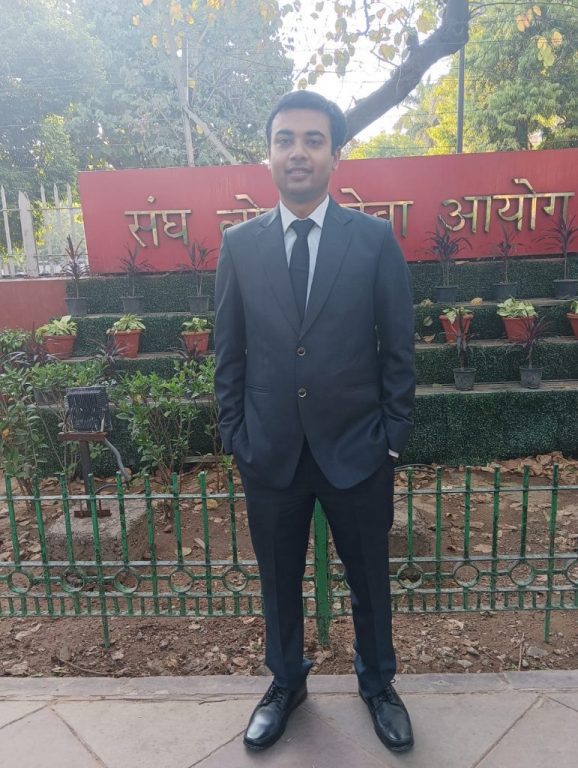
INTERVIEW
His interview went well, but he faced thorough questioning, particularly regarding his hobby of following international media. Some of the questions he encountered were-
- Why do you follow international media?
- Can you name some of the media outlets that you follow?
- What have you learned from international media?
- Western media often criticizes India and uses harsh language, what is your perspective on this?
- As an administrator, what lessons do you think can be derived from international media?
- What role do you think the media plays in society?
- What global environmental news have you been following recently?
- Can you name some major international environmentalists?
One board member inquired about measures to bring the media back on the right track, given its current ideological divisions and tendency to publish news with biased interests.
Another member asked him about his preference for an IFS cadre placement, to which he replied, Jharkhand. He elaborated on his choice, highlighting the state’s rich tribal culture and his passion for working closely with them.
In the end, there was a question about whether he would consider giving one more attempt for the IAS, even after securing a high rank in the IFS. Initially, he hesitated to reply with enthusiasm, fearing it might not leave a positive impression on the panel. However, the board members themselves encouraged him, affirming that contemplating a better career path is not a negative consideration.
MESSAGE
In his message to aspirants, he said, “This exam is not solely a test of your intelligence but of your patience. It will evaluate whether you are consistent in your efforts, studying diligently day after day for years. So, you have to work hard and never give up.”

